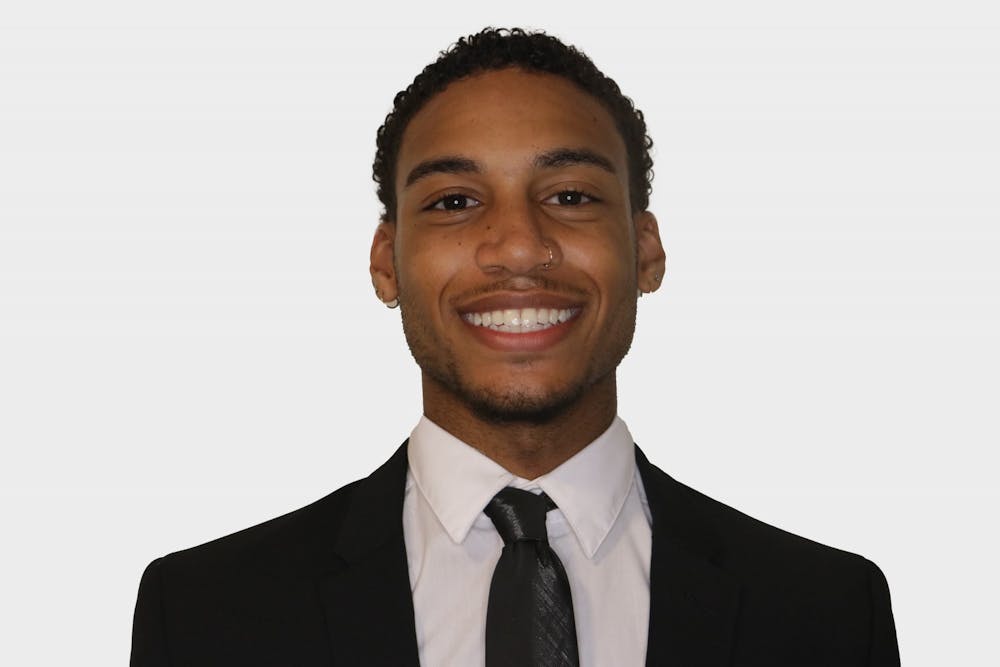Evidence suggests many healthcare providers unknowingly have a predetermined bias against people of color, according to the University of St. Augustine for Health Sciences. Ever since IU junior Shawn Beeler was a child, he knew he wanted to become a doctor. Beeler said he hopes to change bias towards people of color in healthcare in the future.
According to AAMC, 56% of doctors in the U.S. are white. As a Black man studying neuroscience, a predominantly white occupation, Beeler said Black people and other people of color struggle to receive proper treatment and diagnosis.
The questions and answers have been edited for clarity and brevity.
IDS: Why did you choose this path?
Beeler: Before I came to IU my mother was diagnosed with Guillain-Barré syndrome, which is a neurological condition where the myelin sheaths of your neurons degenerate, so she was temporarily paralyzed for a good majority of 2019.
Growing up I always knew I wanted to be a doctor, but through that process I really interacted with the physicians and the neurologists. She also had cancer at the time, so her colorectal cancer doctor as well.
I just kind of took a fancy to that. It really motivated me and drove me toward neuroscience.
IDS: What are some challenges you have faced being a Black person and pursuing this degree?
Beeler: In most of my classes a lot of people are very open, but through my studies, I have seen a lot of health care disparities that African Americans face. A lot of the cases we deal with are primarily African Americans who face those disparities.
A lot of the time the health care system isn’t as open to treating and dealing with Black individuals as they are our white counterparts. I think this is because of the patriarchy and how cisgender white men have run the world for so long. They’ve shaped our healthcare system in their favor and therefore minorities are left with less than.
IDS: What do you hope to change in regards to the lack of diversity in health care by becoming a doctor?
Beeler: My aspirations are to open my own private practice that tailors towards the Latinx community because I have a lot of Latinx friends and I would say they are definitely really under-identified in our community here at IU Bloomington, or the LGBTQ+ community and the African American community.
I really want to tailor towards communities who don’t have equal opportunity in regards to the healthcare system because their voices aren’t heard.
Black mothers have the highest maternal mortality rate because a lot of the time doctors are used to treating individuals who are Caucasian. A lot of times African American women are seen as dramatic, as we see through politics and the Black Lives Matter Movement. Some doctors tend to take that into consideration when dealing with African American women in regards to pregnancies. Little things like that I want to turn around and change when I become a doctor.
IDS: What do you think about the current healthcare system?
Beeler: The current healthcare system in this global pandemic has been chaotic. I think African Americans and other minorities are struggling a lot more than our Caucasian counterparts. I would say our world is kind of in a frenzy, so it is hard for me to pinpoint what exactly the problem could be.
People who are surrounded or have the support system they deserve and feel like they are heard tend to have better health and they tend to have better outcomes in life. The healthcare system basically tailors our medicine towards our white male counterparts.






